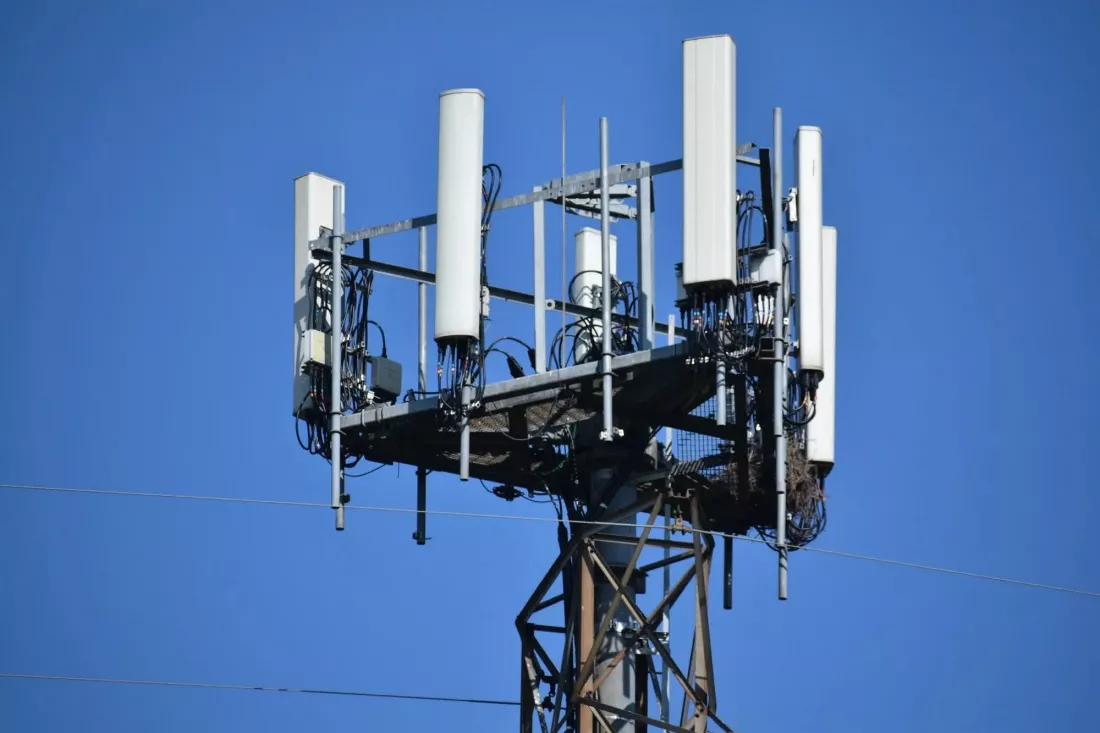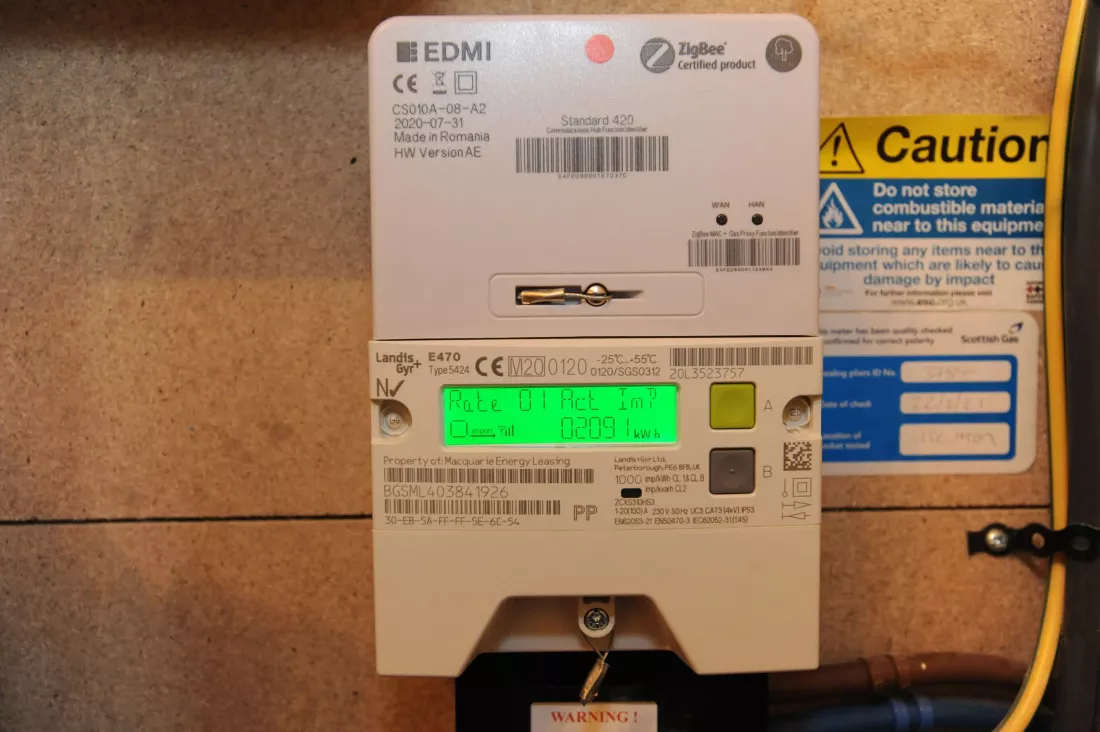Smart meter adoption plans are late, and many will soon be obsolete
Facepalm: London authorities aim to have the industry deploy smart meters in the majority of UK homes and small businesses, offering people and companies a convenient method for measuring their actual energy consumption. However, the rollout is still a considerable distance from completion, and a significant number of the smart meters already deployed will cease to function in the coming years.
Millions of smart meters installed in the UK use 2G and 3G networks, two aging mobile infrastructures that providers plan to phase out by the end of 2033. While the latest 4G and 5G networks offer faster and more reliable services, they also pose compatibility issues for meters designed to work on the older networks.
A recent report from the Public Accounts Committee (PAC) highlights how the Department of Energy Security and Net Zero (DESNZ) missed multiple targets in the planned smart meter rollout. The original plan aimed to complete the rollout by 2019, but as of March 2023, only 57 percent of meters (32.4 million out of a 57.1 million-install base) were considered "smart."
Additionally, the UK Parliament's report states that around three million (nine percent) of these devices were not functioning properly, and approximately seven million more (a fifth of the total) "will lose functionality" when 2G and 3G mobile networks are phased out. These recently installed smart meters will require replacement or a "costly" hardware upgrade, placing the economic burden on billpayers.

The department has repeatedly delayed its targets and timeframes for smart meter deployment, the report continues. UK authorities are currently aiming for 74.5 percent of homes and approximately 69 percent of small businesses to have a digital meter by the end of 2025. A new regulatory framework intended to encourage further investments in the rollout was introduced in 2022, but only one major supplier was able to meet its installation targets for smart meters covering both gas and electricity supply.
Members of PAC are interested in understanding the actions that regulatory agencies (DESNZ and Ofgem) are taking to increase smart meter adoption and how they plan to address the upcoming issue with devices relying on 2G and 3G mobile communications. The UK Parliament is inquiring about the steps these agencies will take to compel suppliers to replace non-working smart meters and establish a new "timetable" for replacing the communication hub on those 2G and 3G smart meters.
The smart meter deployment program is estimated to cost £13.5 billion ($16.4 billion) from 2013 to 2034. The new devices have the potential to deliver significant cost savings (£19.5 billion or $23.6 billion) for homes and offices.
- Adenman
-

 1
1



Recommended Comments
There are no comments to display.
Join the conversation
You can post now and register later. If you have an account, sign in now to post with your account.
Note: Your post will require moderator approval before it will be visible.